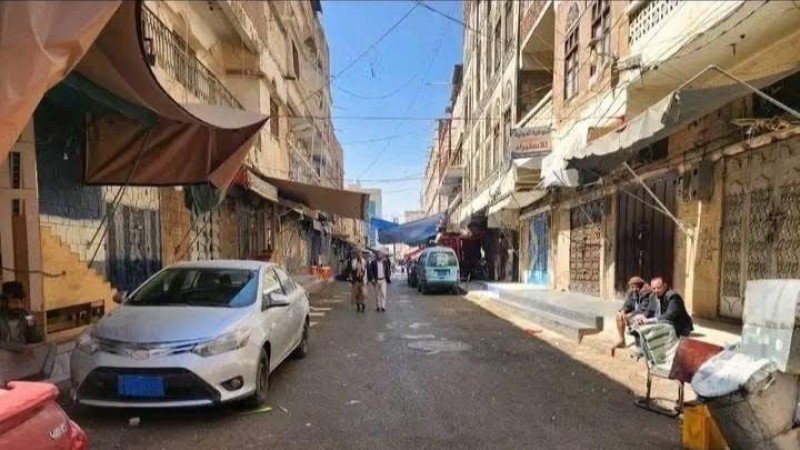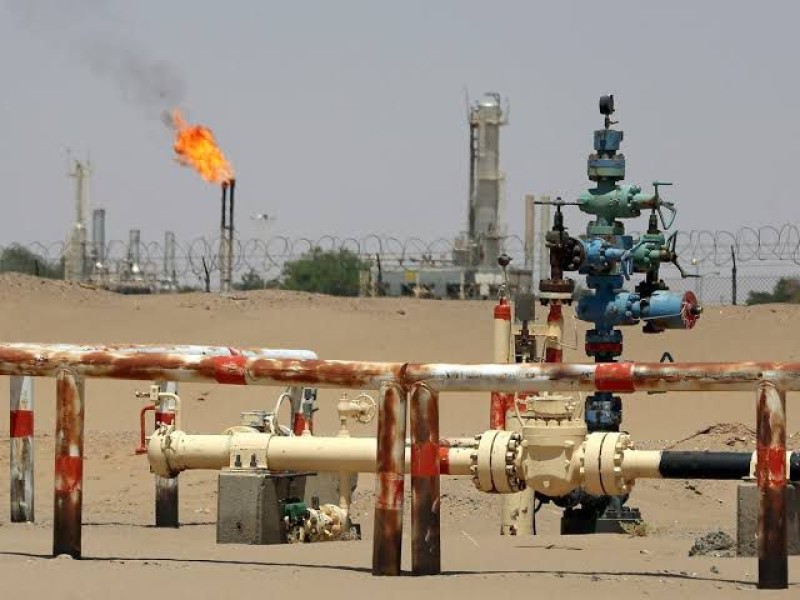Yemen: IPC Acute Food Insecurity Snapshot | October - December 2022


Overview
The IPC AFI updated analysis conducted in September 2022 indicates that approximately 17 million people, or over half of the population in Yemen, will likely experience high levels of Acute Food Insecurity (IPC Phase 3 or above) between October and December 2022. The primary concern is the 6.1 million people classified in IPC Phase 4 (Emergency).
While this analysis update shows that IPC Phase 5 Catastrophe has been prevented, close monitoring remains essential. Overall, 184 of the 331 analyzed districts are classified in IPC Phase 4 (Emergency), and 140 districts in IPC Phase 3 (crises). Only seven districts are classified in IPC Phase 2 (Stress).
This analysis update indicates similarly high levels of food insecurity compared to the first half of the year (January-May 2022); however, the update shows an improvement in the food security outlook compared with the projection June-December 2022 from the previous IPC analysis conducted in February 2022. In particular, the update indicates a decrease by 2 million people in IPC Phase3 or above (7 percent of the population), and by 1.2million people (4%) in IPC Phase 4 or above. As anticipated, the update also indicates the absence of people in IPC Phase 5 (catastrophe) in the last quarter of 2022. The 161,000 people previously classified in IPC Phase 5 (Catastrophe) in the June-December projection period are estimated to have now shifted to the lower phases.
The number of districts classified in IPC Phase 4 (Emergency) has also decreased from 233 districts (projection Jun-Dec 2022 from the February analysis) to 184. The shift of populations from IPC Phase 4 (Emergency) and IPC Phase 5 (Catastrophe) to the lower phases resulted in the increase of the number of districts classified in IPC Phase 3 (Crisis), from 94 (Jun-Dec projection) to 140 (Oct-Dec update).
Despite the improvement, Yemen remains one of the most food insecure countries in the world. For nearly a decade – even before the war – more than half of the population has consistently been food insecure, mainly driven by structural instability aggravated by human-induced factors and climate change. This analysis, therefore, emphasizes that the improvement is a temporary reprieve and further efforts need to be put in place to sustain and completely reverse this trend.

Sana’a – A new international report has confirmed that Houthi militias continue to escalate economic measures against the commercial se…

Aden — For three decades prior to the outbreak of war, Yemen’s oil and natural gas sector played a decisive role in shaping the country…

Sana’a – The occupied Yemeni capital Sana’a is witnessing mounting economic panic and a sharp collapse in the real estate market…